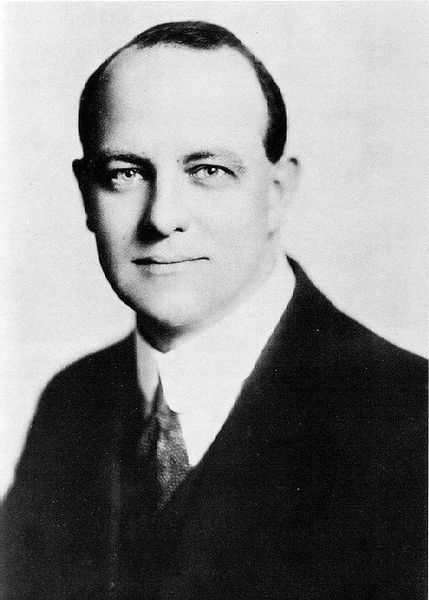Alan Ashworth explains the circumstances under which the great P.G. Wodehouse became the subject of an MI6 (Britain’s Secret Intelligence Service) treason investigation near the end of the Second World War:
[Malcolm Muggeridge:] “I first made Wodehouse’s acquaintance in circumstances which might have been expected to shake even his equanimity. This was in Paris just after the withdrawal of the German occupation forces. As Wodehouse well understood, the matter of his five broadcasts from Berlin would now have to be explained; and in the atmosphere of hysteria that war inevitably generates, the consequences might be very serious indeed. It would have been natural for him to be shaken, pale, nervous; on the contrary I found him calm and cheerful. I thought then, and think now more forcibly than ever, that this was due not so much to a clear conscience as to a state of innocence which mysteriously has survived in him.”
Muggeridge explains that he was attached to an MI6 contingent and a colleague “mentioned to me casually that he had received a short list of so-called traitors who cases needed to be investigated, one of the names being PG Wodehouse”. Muggeridge readily agreed to take on the case, “partly out of curiosity and partly from a feeling that no one who had made as elegant and original a contribution to the general gaiety of living should be allowed to get caught up in the larger buffooneries of war”. He duly visited Wodehouse at his hotel that same evening and the author described what had happened to him from the collapse in 1940 of France, where he was living with his wife Ethel, to his internment at a former lunatic asylum in Tost, Poland.
“The normal wartime procedure is to release civilian internees when they are sixty. Wodehouse was released some months before his sixtieth birthday as a result of well-meant representations by American friends – some resident in Berlin, America not being then at war with Germany. He made for Berlin, where his wife was awaiting him. The Berlin representative of the Columbia Broadcasting System asked him if he would like to broadcast to his American readers about his internment and foolishly he agreed, not realising the broadcasts would have to go over the German network and were bound to be exploited in the interest of Nazi propaganda.” [Here are German transcripts of the offending items.]
Muggeridge goes on: “It has been alleged that there was a bargain whereby Wodehouse agreed to broadcast in return for being released from Tost. This has frequently been denied and is, in fact, quite untrue but nonetheless still widely believed.”
Wodehouse came under virulent attack, particularly from Cassandra, the Daily Mirror columnist William Connor, who denounced him as a traitor to his country. Public libraries banned his books. Wodehouse wrote to the Home Secretary admitting he had been “criminally foolish” but said the broadcasts were “purely comic” and designed to show Americans a group of interned Englishmen keeping up their spirits. But the damage was done and the stigma stuck. After the war he spent the rest of his life in America.
In words that resonate half a century after their publication, Muggeridge says: “Lies, particularly in an age of mass communication, have much greater staying power than the truth.
“In the broadcasts there is not one phrase or word which can possibly be regarded as treasonable. Ironically enough, they were subsequently used at an American political warfare school as an example of how anti-German propaganda could subtly be put across by a skilful writer in the form of seemingly innocuous, light-hearted descriptive material. The fact is that Wodehouse is ill-fitted to live in an age of ideological conflict. He just does not react to human beings in that sort of way and never seems to hate anyone – not even old friends who turned on him. Of the various indignities heaped upon him at the time of his disgrace, the only one he really grieved over was being expunged from some alleged roll of honour at his old school, Dulwich.”
[…]
Muggeridge records that, when the war ended, the Wodehouses left France for America. “Ethel has been back to England several times but Wodehouse never, though he is always theoretically planning to come. I doubt if he ever will [he didn’t, dying in 1975 at the age of 93]. His attitude is like that of a man who has parted, in painful circumstances, from someone he loves and whom he both longs for and dreads to see again.”




